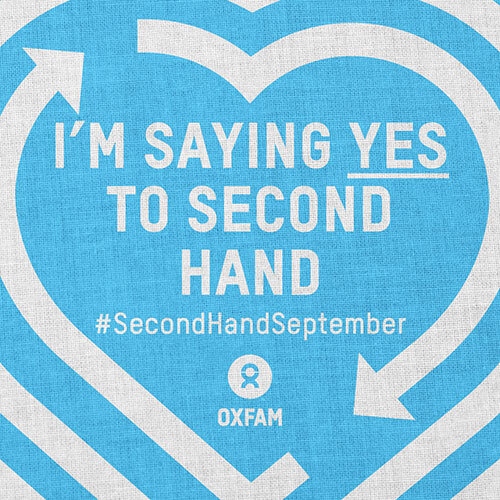By Abigail Isherwood
We’re all ready to see the end of 2020 and breathe a sigh of relief as we head into 2021. Having learnt so much this year, including the importance of caring for our planet, many of us are heading into 2021 with very little energy or motivation, rather than feeling ready for action. So, instead of making big new year’s resolutions, here are 5 easy, no-pressure, eco-friendly habits to take into 2021 that will help you on your journey to further sustainability.
2. Shop local
This year has certainly taught us the importance of our communities. Supporting local businesses is a great way to give back to the community - and it’s better for the planet as local businesses tend to have much smaller carbon footprints. Why not find an independent coffee shop in your area that could become your new regular outlet?
4. Keep learning
Whether you’ve learnt how to take more of a stand against racism, how to be more eco-friendly, or even just learnt how to make sourdough, you’ve no doubt learnt more about yourself this year, so let’s keep it up! As we go into 2021 let us continue to think of more ways we can keep learning, perhaps joining an anti-racism book club, starting a new course online, or scheduling in some time to watch David Attenborough or other videos on climate action. Get family and friends involved too to keep you going, keep learning with self-awareness, and don’t expect yourself to always keep up the momentum on your own. Sometimes we just need a rest.
1. Become Climate Positive with Ecologi
Ecologi is a brilliant environmental subscription service where each month your money goes into tree planting and climate solution projects. You also get a fun, interactive profile where you can watch your virtual forest grow. This is a low cost and effective way to do some good for the planet each month. Ecologi also has a new gifting feature, perfect for those last-minute gifts!
3. Connect with nature for your mental health
Many of us have learnt to really appreciate regular walks in nature this year. Maybe you’ve even found some new outdoor spaces in your local area. Spending time in nature has tons of mental health benefits, and it also reminds us how important local green spaces are. A great habit to maintain during 2021 is this appreciation of nature through daily walks and time spent outdoors.
5. Diet
This Christmas, more and more Brits are serving a fully vegan Christmas dinner. Veggie and vegan alternatives to meat and dairy are becoming even more common, so challenging yourself to eat less meat and dairy is getting a little easier. You could push yourself and try Veganuary this year. You could just try meat-free Mondays, or maybe it’s as simple as choosing the vegetarian or vegan option on the menu. It’s all about the small, personal steps we can take.
2020 has continually challenged us to think outside of the box. We’ve changed how we shop, work, exercise, entertain ourselves and spend time with family. Many parts of this year we can’t wait to see the end of, but there are habits and lifestyle changes that we have made that are good for us and good for the planet, so we should all try to continue to adhere to those positive changes. Continue having meetings online, for example, so you can cut out the commute and lower the emissions. Or maybe you’ve got a bit better at meal planning this year and you’ve managed to cut down on your food waste. There are tons of little habits that we’ve picked up this year that would be great for us to maintain as we head into 2021. Let’s not let ourselves be limited to just getting ‘back to normal’, let’s take some simple, small steps and push ourselves to make things better.
Abigail Isherwood
Read more articles by Abigail Isherwood
CLIMATE ACTION - TO INSPIRE OR TO BLAME THAT IS THE QUESTION
THE ECONOMY OF NOT ENOUGH: HOW OVERCONSUMPTION THREATENS OUR SELF-WORTH.








